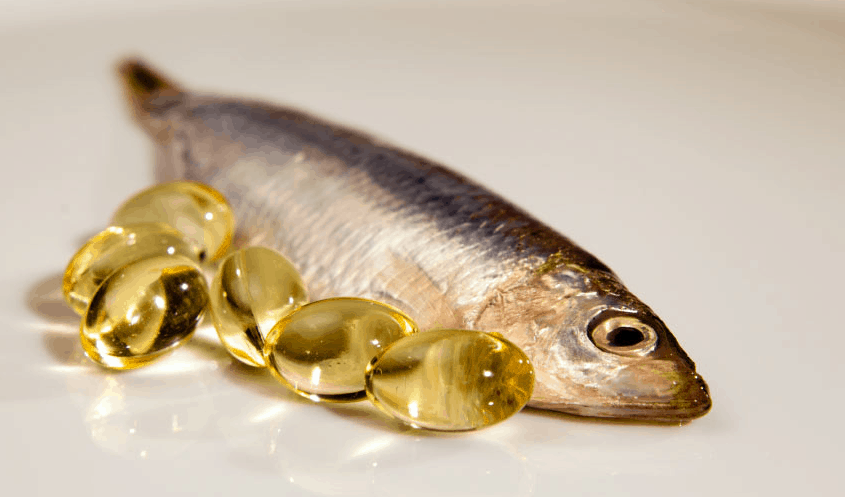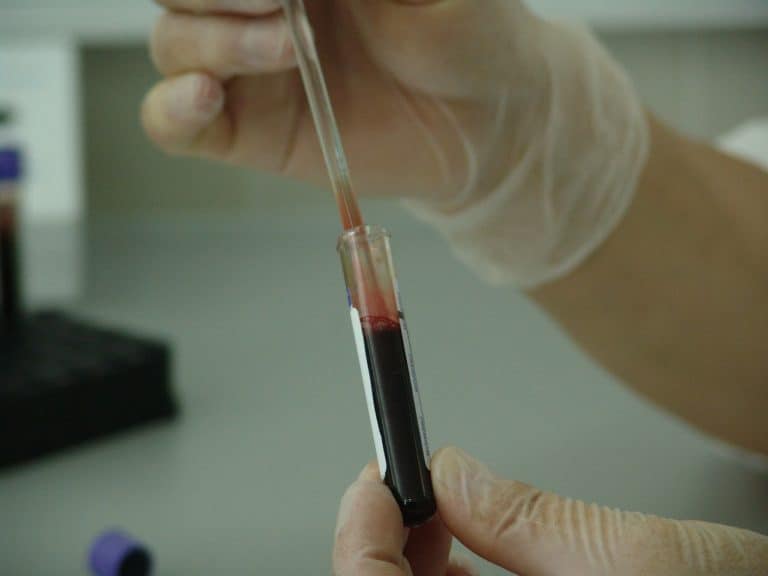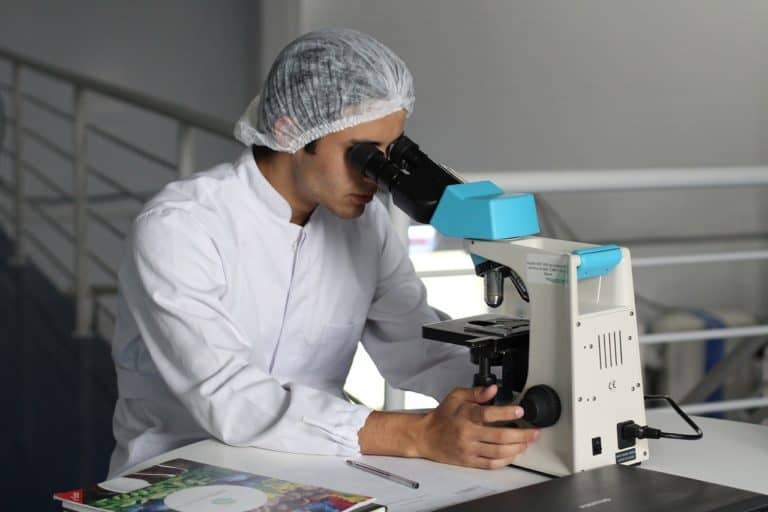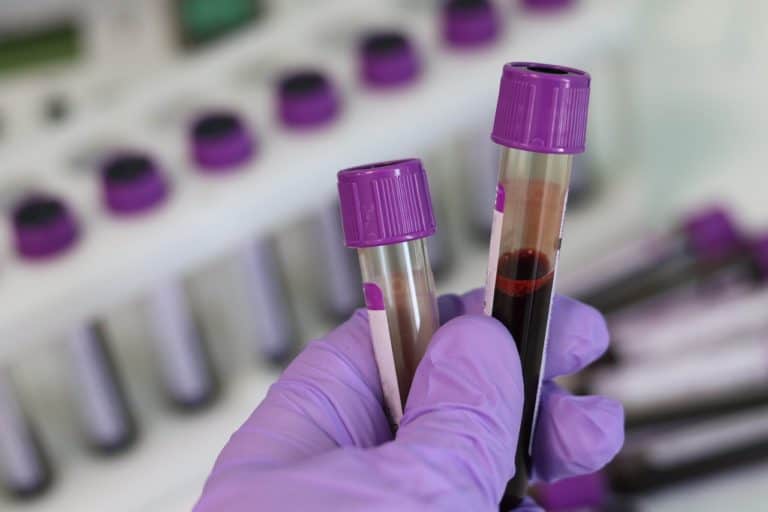The role of diet in the prevention of cancer, especially the consumption of fat, is a hot topic among researchers studying how we can improve certain lifestyle habits to reduce disease risk and improve longevity. Much research has suggested that a diet low in fat and animal foods and high in omega 3 rich foods is protective in the prevention of prostate cancer. However, a new study seems to turn this recommendation on its head by implicating healthy omega-3 fatty acids as a risk booster and dangerous trans-fatty acids with a lower likelihood of developing cancer.
Omega-3 fatty acids, found primarily in fish and fish oil supplements, appear to have anti-inflammatory effects and numerous studies have linked consumption to a decreased risk of prostate cancer. Because chronic inflammation is known to increase the risk of several types of cancers, researchers wanted to explore this association further.
Currently there is no set Dietary Reference Intake (DRI) for omega-3’s, but many experts suggest 450 milligrams of docosahexaenoic acid (DHA) daily as part of a healthy diet.
Are omega-3 fats bad for prostate cancer?
Researchers at Fred Hutchinson Cancer Research Center analyzed data collected from the nationwide Prostate Cancer Prevention Trial involving a subset of more than 3,400 men, half of which had developed prostate cancer during the course of the study. They found that those with the highest percentage of docosahexaenoic acid (DHA) in their blood were at a two-and-a-half times greater risk of developing aggressive, high-grade prostate cancer compared to men with the lowest levels of the omega-3 fatty acid.
While it might seem that supplements might be to blame, among the study participants, very few reported taking fish oil capsules. The majority got their omega 3’s from eating fatty fish, such as salmon.
Trans fatty acids, a fat made from partially hydrogenated vegetable oils and often found in processed and fast foods, promotes inflammation, so the theory is that these types of fats would promote the development of cancer. But the researchers actually found the opposite. The men with the highest blood ratios of TFA’s had a 50% reduction in the risk of high-grade prostate cancer.
“We were stunned to see these results and we spent a lot of time making sure the analyses were correct,” said Theodore M. Brasky PhD, a postdoctoral research fellow in the Hutchinson Center’s Cancer Prevention Program. He theorizes that mechanisms other than inflammation may play a greater role in the development of certain types of prostate cancer and the association needs further research.
So, should men just ditch a healthy diet because of these findings? No, says Dr. Brasky. The study “shine(s) a light on the complexity of studying the association between nutrition and the risk of various chronic diseases.”
Diet and prostate cancer risk: it’s complicated
For example, in 2009, researchers Robert W.-L. Ma and K. Chapmen conducted an evidenced-based review of the available research linking certain dietary components with a lowered risk of developing prostate cancer and found that a low-fat, low-calorie diet, high in fruit and vegetable intake was protective in both preventing prostate cancer and for patients already diagnosed with cancer. Specific foods found to be beneficial included tomatoes, cauliflower, broccoli, green tea and the nutrients vitamin E and selenium. Consuming highly processed or charcoaled meats and excessive amounts of dairy products appeared to increase cancer risk.
In 2010, Dr. Sanjay Gupta MS PhD and associates at Case Western Reserve School of Medicine found that a high-fat “Western-style” diet increases activation of nuclear factor kappa B (NF –kB), a protein complex that is activated as a result of inflammation, might lead to intraprostatic process that may activate adenocarcinoma and is related to tumor progression.
In regards to fish intake, Dr. Brasky says “Overall, the beneficial effects of eating fish to prevent heart disease outweigh any harm related to prostate cancer risk.” In a discussion ConsumerLab.com also had with Dr. Brasky, he explained that the study did not reflect supplement use and that he would soon be publishing a study showing no association between fish oil supplement use and prostate cancer risk. He also noted that previous research had found an association between fish consumption and a large reduction in late stage or fatal prostate cancer. (Szymanski 2010)
Read more in our Prostate Cancer Health Center.
References
Brasky TM et al. Serum phospholipid fatty acids and prostate cancer Risk: Results from the Prostate Cancer Prevention Trial. American Journal of Epidemiology 2011 Apr 24
Ma et al. A systematic review of the effect of diet in prostate cancer prevention and treatment. Journal of Human Nutrition and Dietetics 2009; 22 (3)
Vykhovanets EV et al. High-fat diet increases NF-κB signaling in the prostate of reporter mice. The Prostate 2011Feb 1; 71(2): 147-56
Szymanski KM et al. Fish consumption and prostate cancer risk: a review and meta-analysis. American Journal of Clinical Nutrition 2010 Nov; 92(5): 1223-33






